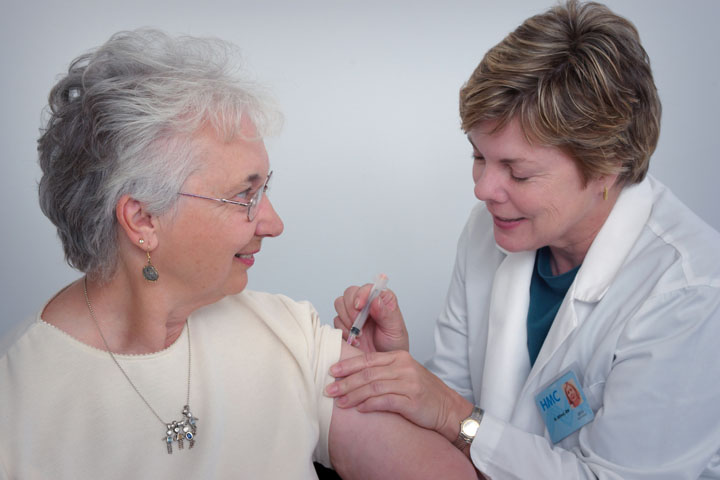Prevention will depend on if you have any risk factors for bone loss, your sex, your age, your medical history, and lifestyle. The daily amounts of calcium and Vitamin D should be taken by everyone, not only for bone health but also for your overall health. Why not become a member of the Charity and discuss a prevention bone loss plan with us?


